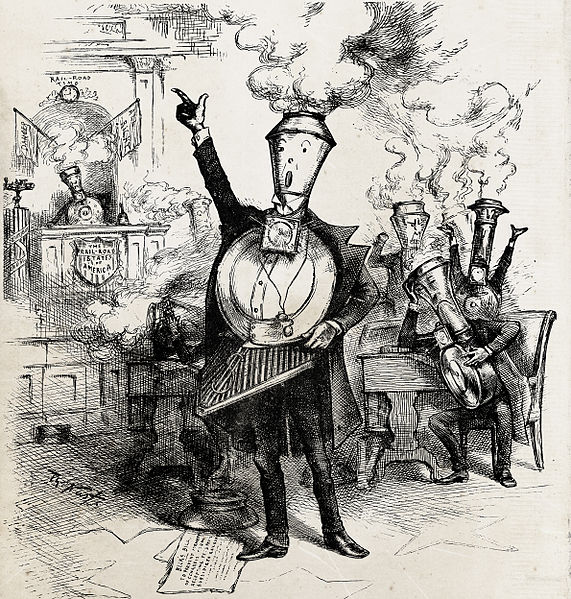European Union competition law
In the European Union, competition law promotes the maintenance of competition within the European Single Market by regulating anti-competitive conduct by companies to ensure that they do not create cartels and monopolies that would damage the interests of society.
Together with its public services, the European Union's market economy, which competition law aims to protect from unfair trade practices and private monopolies, generated €14.303 trillion in 2013.
The German Federal Cartel Office, or Bundeskartellamt in Bonn
Competition law is the field of law that promotes or seeks to maintain market competition by regulating anti-competitive conduct by companies. Competition law is implemented through public and private enforcement. It is also known as antitrust law, anti-monopoly law, and trade practices law; the act of pushing for antitrust measures or attacking monopolistic companies is commonly known as trust busting.
Judge Coke in the 17th century thought that general restraints on trade were unreasonable.
Elizabeth I assured monopolies would not be abused in the early era of globalization.
Senatorial Round House by Thomas Nast, 1886
John Stuart Mill believed the restraint of trade doctrine was justified to preserve liberty and competition.






